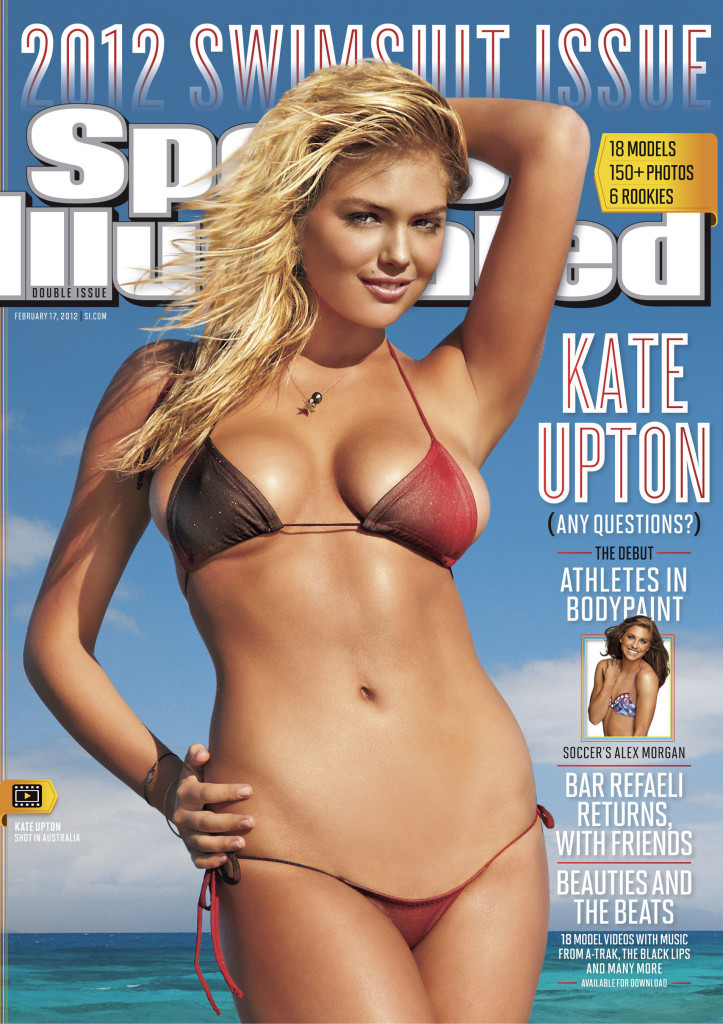Is airbrushing hiding too much of the real story?
By Sophie Isbister, Life & Style Editor
Missing arms. Carved out waists. Stretched faces. These are all hallmarks of a culture obsessed with too much airbrushing.
Do models in magazines even look like people anymore? With the butter-smooth skin and eerily bright eyes, they look more like Battlestar Galactica’s creepy evil Cylons than real live women trying to sell us stuff.
And it seems like everyone is aware of how rampant of a phenomenon it really is. Every woman knows to take an ad for skin lotion with an ample grain of salt; indeed, how could a company purport to sell a product to make your skin look good while using a model whose skin has been digitally altered into perfection?
It’s a terrible message to send to youth, and Douglas College philosophy student Lucas Atchison agrees. He told the Other Press that he thinks airbrushing is dishonest. “When someone airbrushes it seems like a lie. You’re not seeing the whole picture, you’re seeing what the media wants you to see. It’s not who people truly are,” he says.
Atchison adds, “Women are objectified, told to meet this standard, [and] it’s never enough. A lot of women harm themselves trying to meet this expectation.”
Things like Dove’s Campaign for Real Beauty are a step in the right direction to combat impossible realities portrayed by print media. But airbrushing is always going to happen, big or small. Recently, there was a media explosion surrounding indie television star Lena Dunham (creator of Girls) and her supposedly egregiously retouched photos in Vogue magazine.
Gawker Media website Jezebel.com reported extensively on the controversy, and in an equally controversial move they purchased the un-retouched photos from Vogue for a ridiculous $10,000 in order to engage in what looked a lot like public shaming of Dunham. Both proponents and opponents of airbrushing were horrified by the debacle—the photos themselves were only slightly retouched. A neck-line was raised, waist thinned a little, and her skin was evened out. Additionally, in post-production a lot of lighting was fixed.
The controversy raised some good discussions about what kind of Photoshop work is okay to do, and what isn’t. Lighting and styling, fine, but modifying a person’s body? Especially a feminist icon? Maybe not so cool.
Douglas College student Alysha Hira says that seeing tons of airbrushed images isn’t good for women. She says, “I think it kind of gives everybody a warped idea of perfection, a warped idea of beauty.”
“We kind of aim in everyday life to look like that, when we can’t necessarily because it is just airbrushing, it’s Photoshop, it’s fake. I think it can be harmful to younger generations [who] are more easily influenced.”


